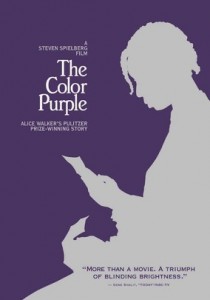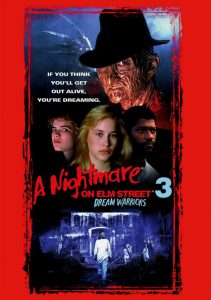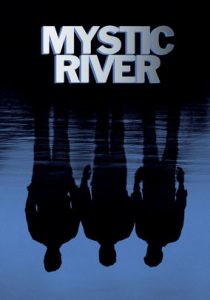What’s Love Got to Do with It-1993
Director Brian Gibson
Starring Angela Bassett, Laurence Fishburne
Scott’s Review #1,502
Reviewed November 22, 2025
Grade: A-
Many biographies have been made in cinema over the years, but What’s Love Got to Do with It? (1993) is the only one, to my knowledge, about the legendary and leggy singer Tina Turner.
The blues and rock diva, known for her lioness wigs and powerful voice, had a rough road to achieving her greatest success in her 40s.
Made over thirty years ago, more modern biographies have both succeeded (Bohemian Rhapsody-2018 and Rocketman-2019 come to mind) and failed (Respect-2021), but impressively, What’s Love Got to Do with It? holds up well and provides emotional power throughout.
Angela Bassett and Laurence Fishburne are exceptionally well cast. As Tina and her abusive husband, Ike, the actors give a lot of investment and believability into the performer’s tumultuous relationship.
The film, based on Turner’s 1986 autobiography I, Tina, is not quite a solid A because Bassett, while terrific as Turner, lip-syncs to Turner’s vocals. It’s left unclear why Ike is such a controlling tyrant and why she stayed with him for close to 20 years, and some aspects are embellished from the autobiography.
But the acting and other aspects usurp these nitpicky particulars.
The production numbers when Turner performs are electric, and the film’s best parts. Especially ‘River Deep-Mountain High’ and the title track allow Bassett to embellish the superstar in raw fury and guttural range.
It is clear how the actor channels Tina through gestures, stage confidence, and passion for her art. It’s beautiful to observe and be inspired by.
The story is based on the life of the legendary soul singer, who was born Anna Mae Bullock to an absentee mother and father and a meager upbringing in the rural South. When her grandmother, who raised her, dies, she reconnects with her birth mother and sister (Jenifer Lewis and Phyllis Yvonne Stickney) in 1960s St. Louis, where she meets the charismatic Ike, already an established star.
As a musical team, Ike and Tina take the charts by storm. But as his physical abuse worsens, Tina has to make the tough decision to leave Ike and set out on her own.
This eventually leads to her climactic return to the pop charts in 1984, achieving massive success.
The abuse scenes are startling and challenging to watch. At first, Ike appears smitten with Tina (whom he renamed), but he beds her while married to another woman. The luster quickly wears off as he becomes militant about her performances and berates her when she dares to question his authority.
A brutal rape scene in a music studio left me shocked and sickened.
Again, I wondered what made Ike the way he was, and it’s a minor misfire by director Brian Gibson and screenwriter Kate Lanier. I asked if his own father beat him and subsequently taught him that fame and success are the be-all and end-all, but it gnawed at me that I had no proof.
A brief flashback of Ike’s father being stabbed in front of him told me little.
Also mysterious is why it takes Tina so long to finally leave him, even though she is willing to be penniless as long as she can keep her stage name. Her kind friend, Darlene (Khandi Alexander), urges her to leave him for years.
Delightful is watching Bassett and Fishburne play off each other, proving that amazing chemistry is so important in film. I never bought that Ike really loved Tina; instead, saw her as a talent to solidify his career.
The finale, a live performance by the real Tina, propels Bassett’s already divine performance. The audience can confirm that her portrayal is spot on by identifying similarities.
With a miscast, the differences would have been glaring.
Thanks to superb acting, impressive production design that encapsulates the 1960s, 1970s, and 1980s, and a hefty dose of the star’s greatest hits, What’s Love Got to Do with It (1993) is one of the better biopics.
Oscar Nominations: Best Actor-Laurence Fishburne, Best Actress-Angela Bassett



